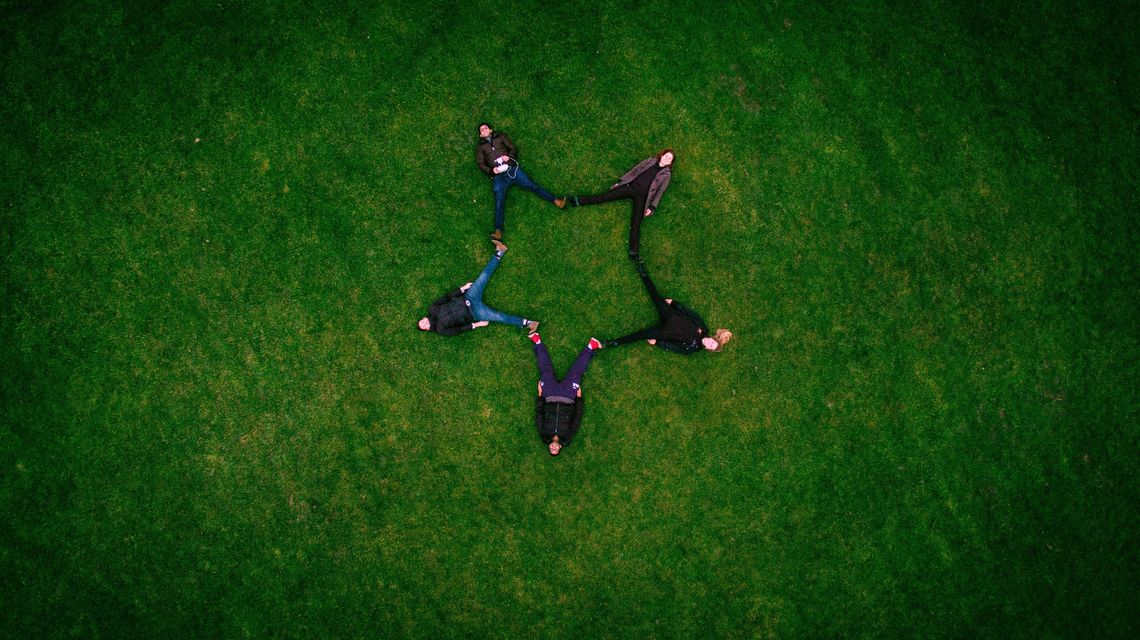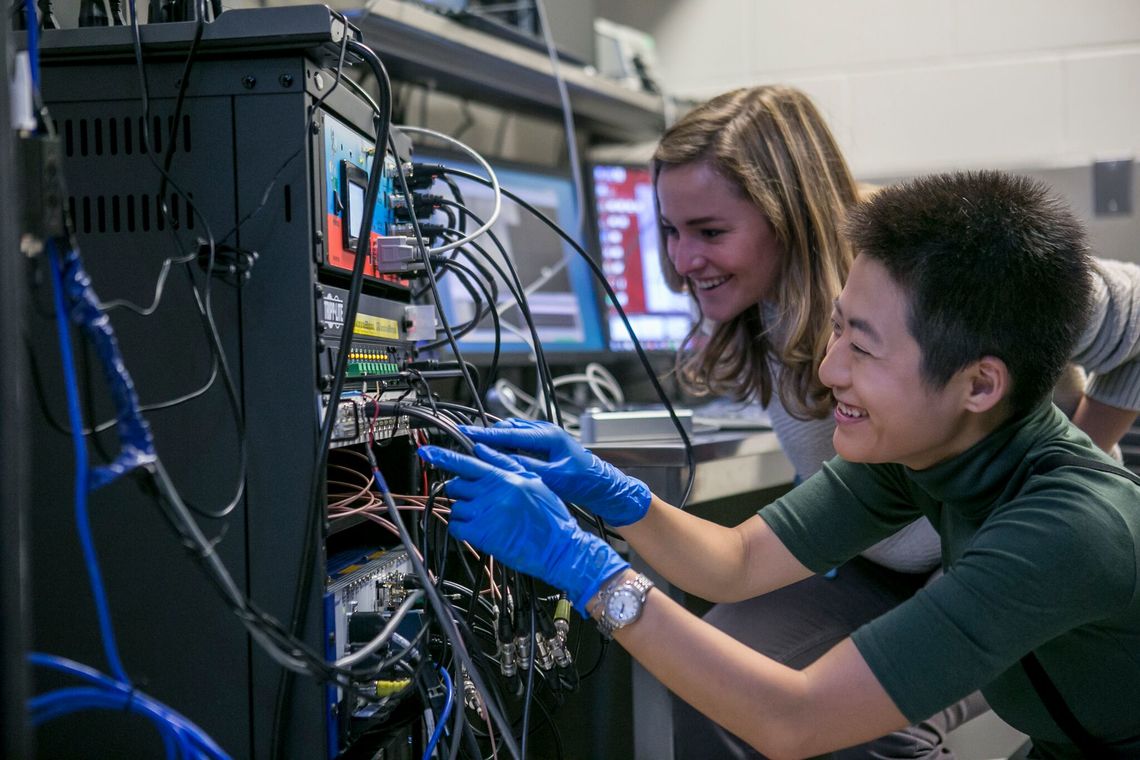
How We Connect
We are social creatures.
Our connections with each other are a big part of who we are. We spend our lives creating, strengthening, sharing, and sometimes breaking these connections. We study the biology of our social lives, and all the dynamic ways in which individuals and groups interact.
Our relationships shape our behavior, define who we are, and even impact our health and survival. This means that individuals who have difficulties forming and maintaining social bonds, such as those with autism and schizophrenia, face debilitating limitations. From hormones to brain stimulation, we are developing interventions aimed at improving the ability to connect.
The activity in our brains looks different when we choose to act selfishly compared to when we help others, when we see familiar versus unfamiliar faces, and when we decide to cooperate rather than compete. We are using genomics, neuroscience, economics and evolutionary biology to better understand the mechanisms that promote or disrupt adaptive social behavior. By characterizing the social brain, we hope to maximize our ability to form meaningful connections with others.


